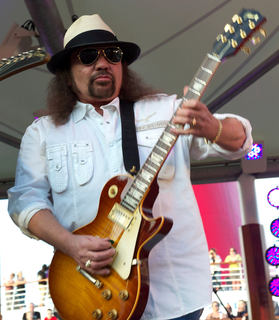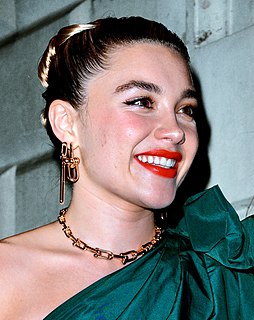A Quote by Tracey Emin
With any story I write, I could actually write it from three or four different perspectives, which would end with a completely different moral at the end.
Related Quotes
It's funny - for a long time, I didn't know I was writing a book. I was writing stories. For me, each story took so long and took so much out of me, that when I finished it, I was like, Oh my gosh, I feel like I've poured everything from myself into this, and then I'd get depressed for a week. And then once I was ready to write a new story, I would want to write about something that was completely different, so I would search for a totally different character with a different set of circumstances.
I fundamentally believe that no one can teach you how to write - finding out how to write a story is part of the process of creating a story - but you can really learn through exposure to different writing, to different art forms, to different modes of storytelling, and with mentors who are able to get you to step outside your comfort zone.
The format of the book was the idea of my wonderful editor, Stephen Segal. Stephen and I had worked together before, on projects for the Interstitial Arts Foundation, and when he got the idea for an accordion-style book, he called and asked if I could write the story for it. I told him that I would love to try! And I knew it had to be a love story, because that's the sort of story you really want to hear from both perspectives. I mean, imagine if Pride and Prejudice were told from Darcy's perspective as well as Elizabeth's. It would be quite a different story!
My worlds are completely different. Painting is a peaceful world, and it's a different vibe than having a great match. You are able to look back at what you created when you finish. Recording music is an entirely different monster. When you finally write something, you do a demo and then you go into the studio. Doing the master version, that's the best feeling ever - especially when you're so proud of what you've written, and you can't wait for people to hear it. That's actually very similar to trying to tell a story in a wrestling match.
I do enjoy having researchers and writers around me because I am getting a lot of different influences now from the opposite sex, different races, people of different ages, who are helping write the routines. So I am seeing things from other people's perspectives, which I never really had to do before.








































